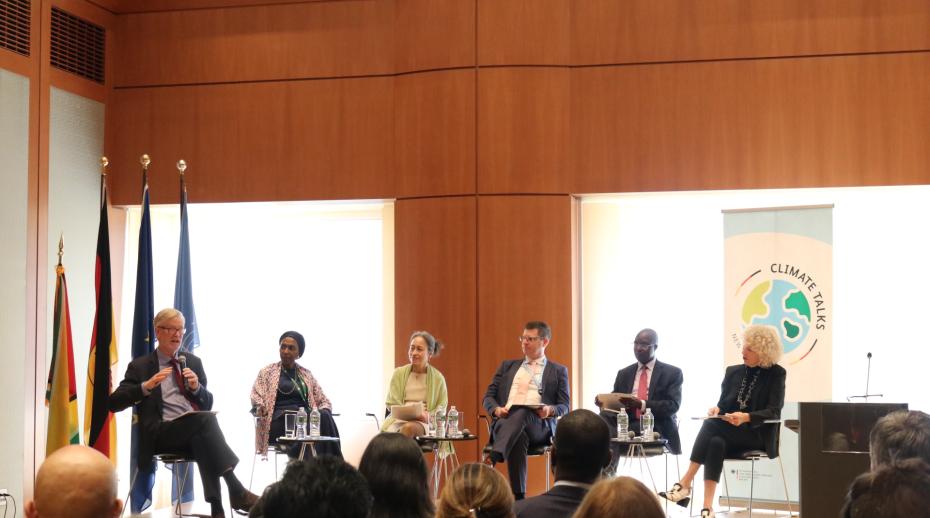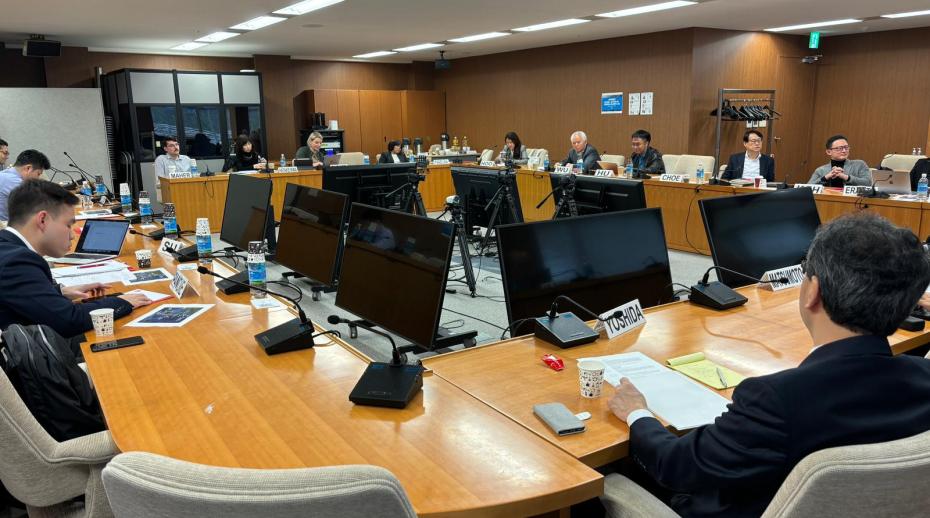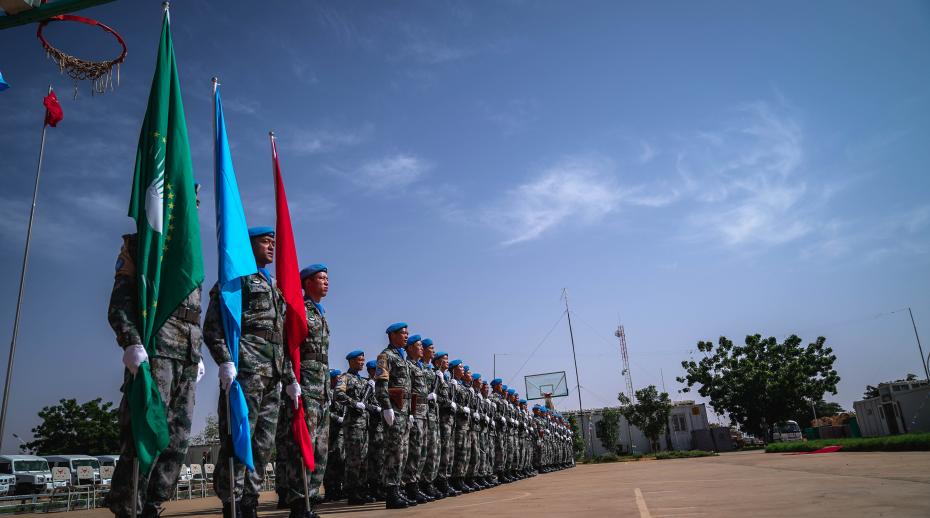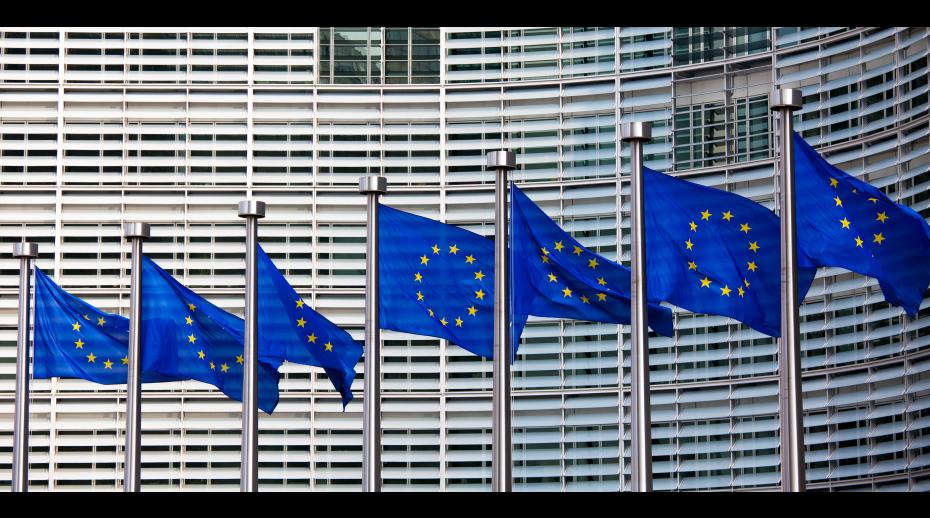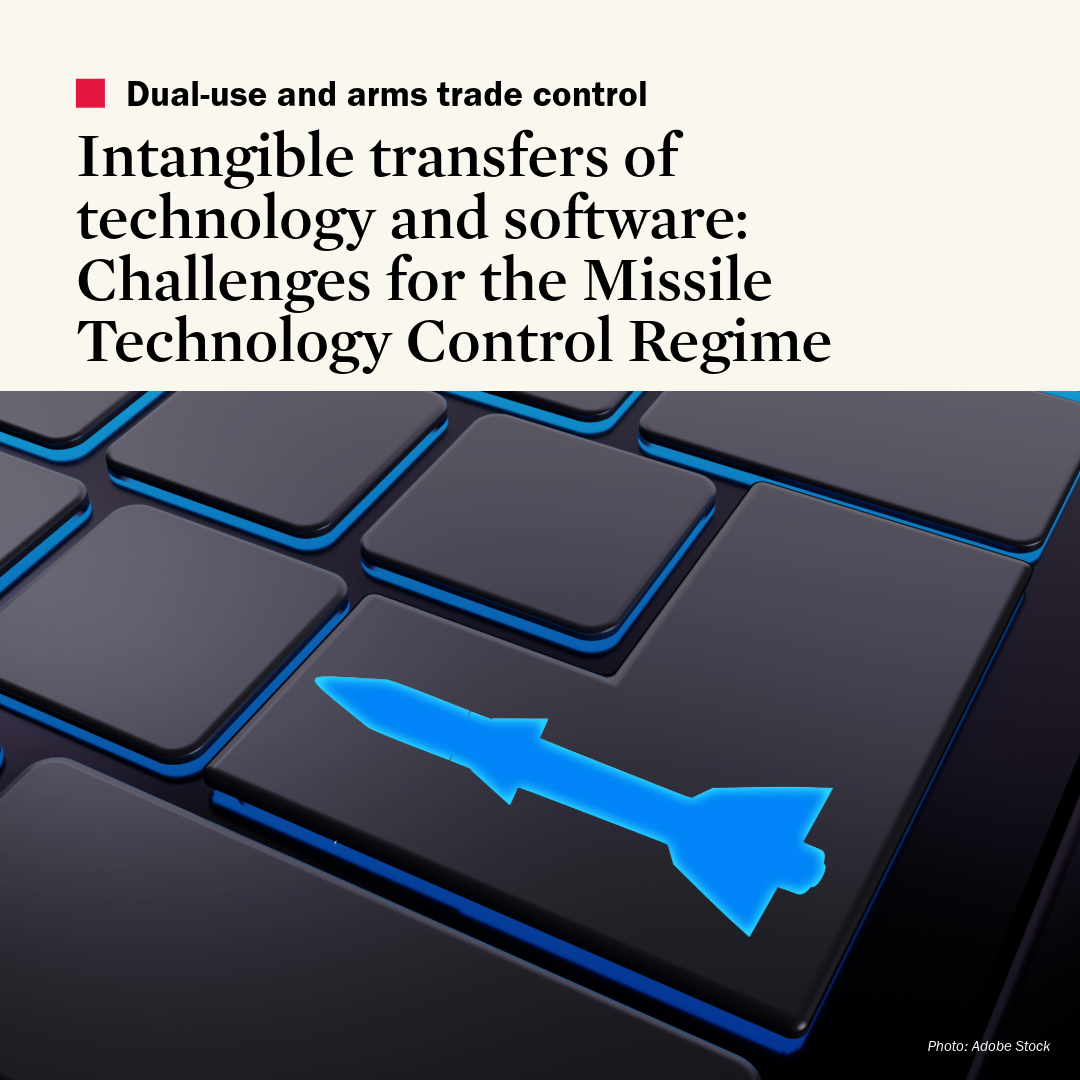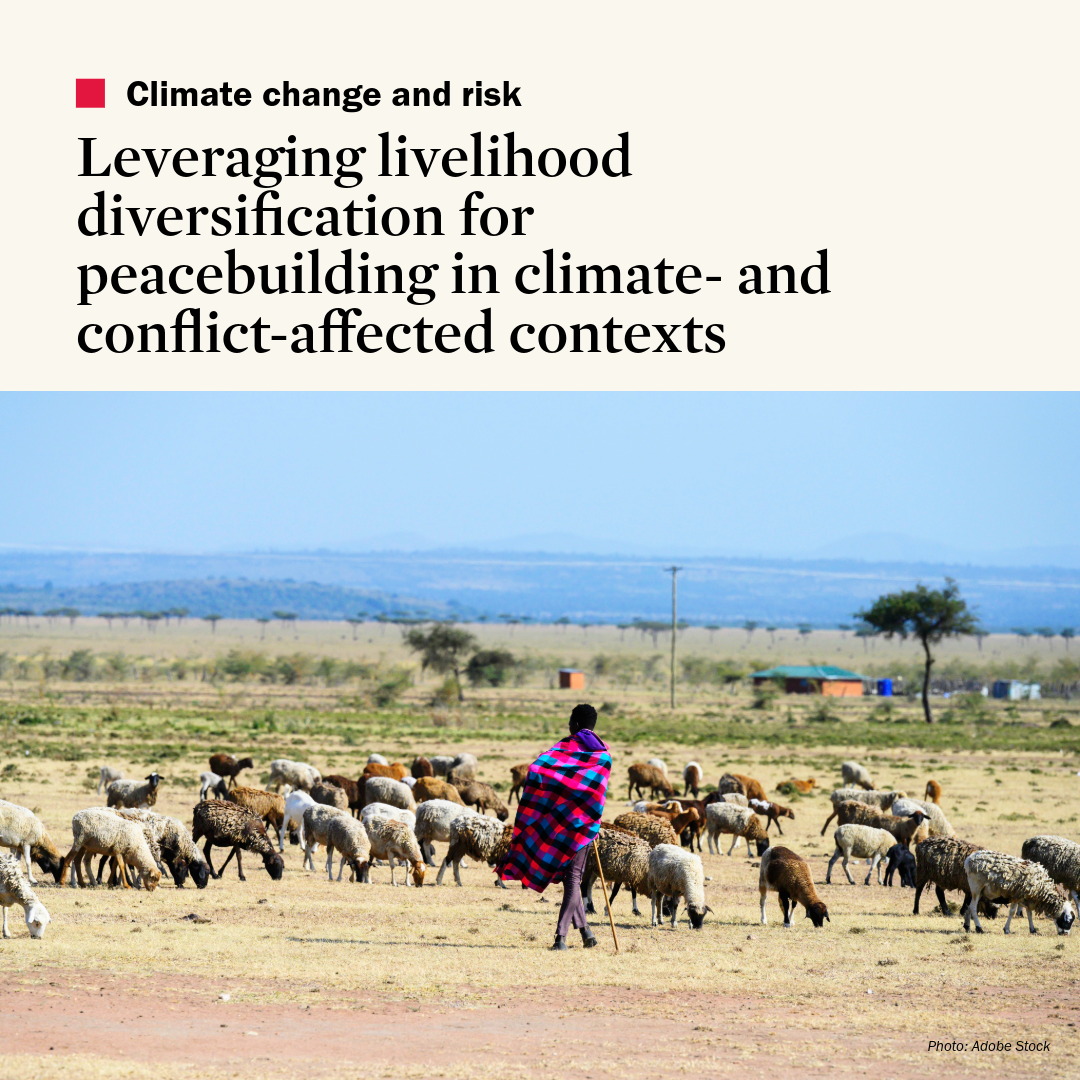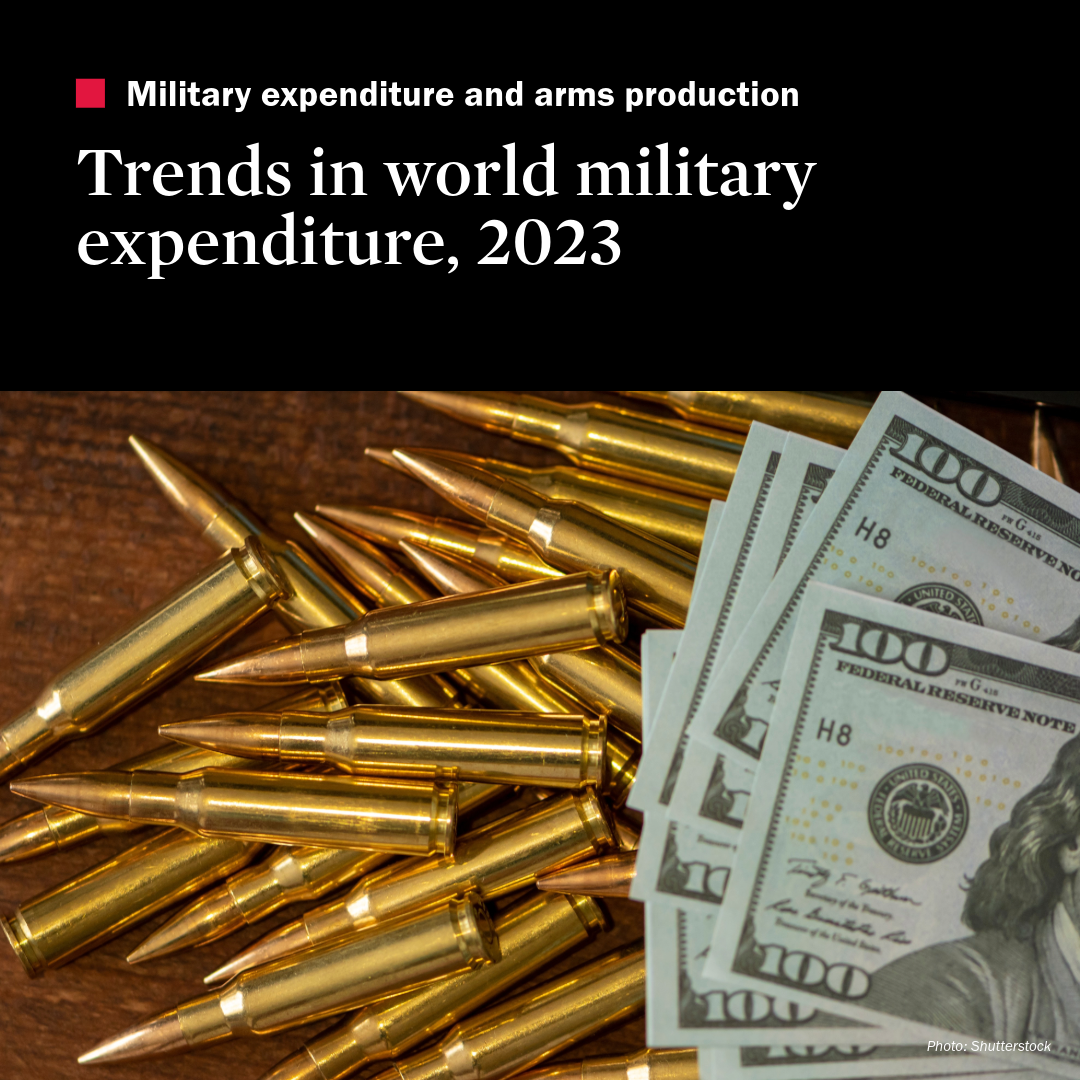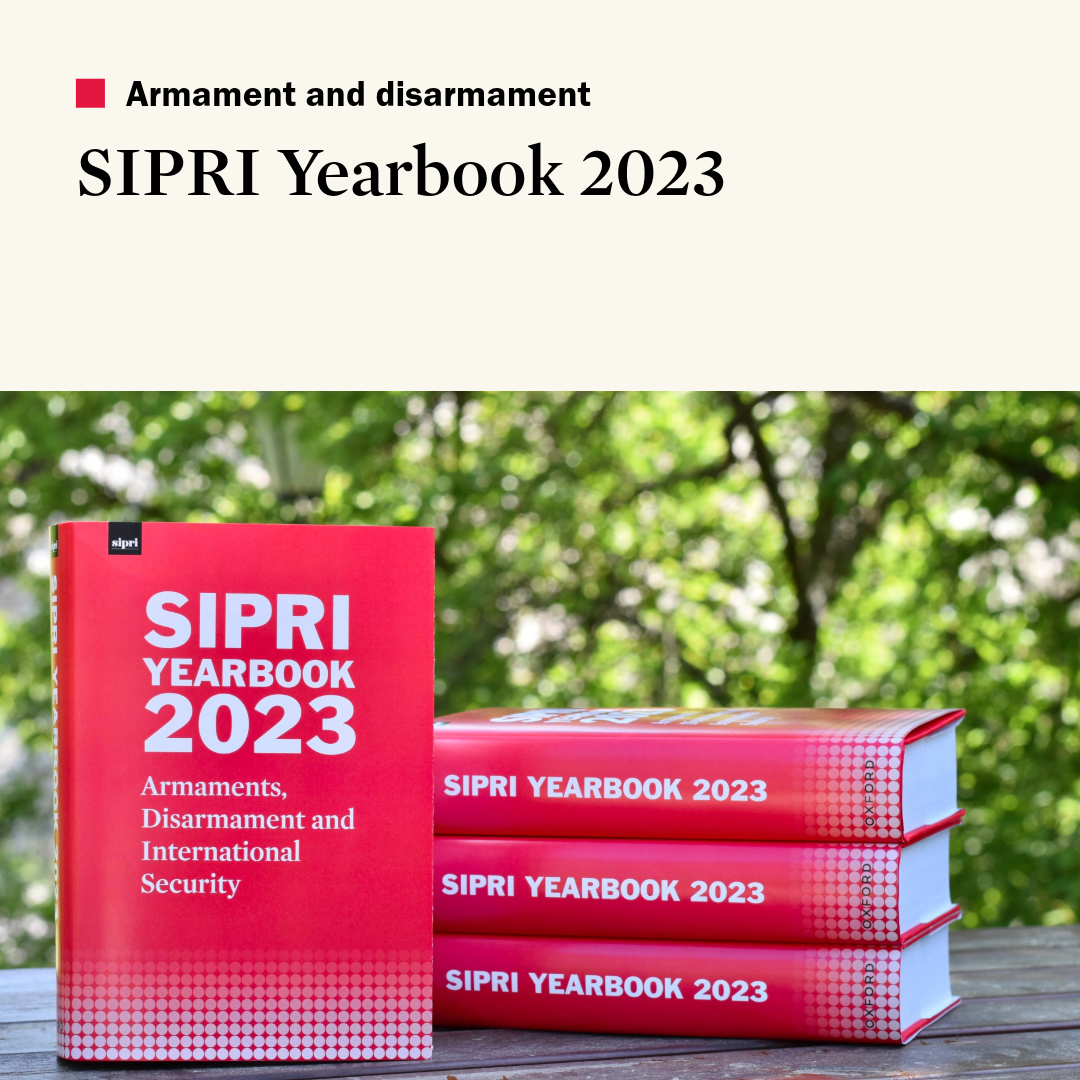The SIPRI Update on peace and security
|
STOCKHOLM INTERNATIONAL
SIPRI Update: April 2024
The independent resource on global peace and security
|
NEWS COMMENTARY EVENTS PUBLICATIONS
|
New data on military expenditure—Global military spending surges amid war, rising tensions and insecurity This month, SIPRI released new data on global military spending. The new data revealed that total global military expenditure reached $2443 billion in 2023, an increase of 6.8 per cent in real terms from 2022. This was the steepest year-on-year increase since 2009. The 10 largest spenders in 2023—led by the United States, China and Russia—all increased their military spending. And, for the first time since 2009, military expenditure went up in all five of the geographical regions defined by SIPRI, with particularly large increases recorded in Europe, Asia and Oceania and the Middle East. Read more | Download the Fact Sheet | Explore the Military Expenditure Database
SIPRI experts engage in UN climate talks On 16 April, SIPRI engaged in a high-level panel discussion on ‘Climate, Food Security and Conflict’. The event was co-hosted by the Permanent Missions of Germany and Guyana to the United Nations. High-level panellists, including Jennifer Morgan, State Secretary and Special Envoy for International Climate Action, Germany; and Dan Smith, SIPRI Director, discussed the dynamics between climate change, food security and conflict, emphasizing the urgent need for coordinated action to address these global challenges.
SIPRI–JIIA workshop in Tokyo explores Indo-Pacific naval build-up On 23–24 April, SIPRI and the Japan Institute of International Affairs (JIIA) co-hosted an expert workshop in Tokyo on ‘Examining Security Dilemma Dynamics behind Naval Build-up in the Indo-Pacific’. The event aimed to delve into the strategic drivers and effects of naval build-up in the Indo-Pacific, including implications for regional security dynamics and potential escalation scenarios. Participants were encouraged to share their perspectives on armament dynamics pertaining to the naval domain, including national security considerations and sources of tension in the region.
China, Russia and the future of peacebuilding This backgrounder explores the Chinese and Russian approaches to peacebuilding, arguing that understanding their impacts on present and future peacebuilding requires understanding not only the similarities but also the significant differences between their approaches. It concludes that peacebuilding outcomes will be shaped not only by the different approaches of various external interveners, but also by the priorities and adaptations of the states and societies for whom peacebuilding activities purport to serve. Read the SIPRI Topical Backgrounder
A new political forum could help make the EU’s strategic trade controls more strategic—if it is allowed to States use strategic trade controls to avoid exports of arms and dual-use items from falling into the wrong hands. The controls can help to prevent transfers that violate the European Union (EU) sanctions imposed on Russia, impact regional stability or enable human rights abuses. The EU has plenty of these controls, but their effectiveness is limited by a lack of coordination and coherence, which also complicates intra-EU trade. This essay presents some suggestions for how a proposed ‘forum for political coordination’ could help to coordinate and plug the gaps in the EU’s strategic trade controls.
External outlets SIPRI experts were recently featured in this external outlet:
6–8 May 2024 2024 Stockholm Forum on Peace and Development The 2024 Stockholm Forum on Peace and Development will be held on 6–8 May on the theme ‘On the Edge: Navigating a Changing World’. The plenary sessions will be live-streamed on SIPRI’s YouTube channel. Read more | Access the live-stream playlist
16 May 2024 Gaza, Sudan, Ukraine and beyond: What is the path to peace and human security? On the occasion of the spring meeting of SIPRI’s international Governing Board, SIPRI will host a discussion on Gaza, Sudan, Ukraine and beyond.
28–31 May 2024 Addressing the challenges posed by chemical and biological weapons SIPRI and the EU Non-Proliferation and Disarmament Consortium will host an intensive online introductory course on chemical and biological weapons.
26–30 August 2024 2024 Armament and Disarmament Summer School The summer school is focused at young and emerging professionals in the fields of disarmament, non-proliferation and arms control.
24 April 2024 SIPRI and UNODA host AI webinar SIPRI and the United Nations Office for Disarmament Affairs (UNODA) hosted a webinar on ‘Addressing the Risk of AI Misuse: What Can the AI Community Learn From Best Practices in Biosafety and Biosecurity?’, which sought to explore lessons and best practices to inform responsible innovation in AI.
STAFF NEWS
Current vacancies:
Intangible Transfers of Technology and Software: Challenges for the Missile Technology Control Regime For the actors involved in the implementation of Missile Technology Control Regime (MTCR) controls, applying controls to intangible transfers of technology (ITT) and software effectively is a widely recognized challenge. The global growth of the NewSpace industry and advances in emerging technologies make it particularly important for MTCR partners to continue to address the topic of ITT and software controls. This SIPRI Report aims to contribute to a better understanding of the challenges, by drawing on a series of missile-related ITT and software case studies. It concludes with recommendations for how MTCR partners might more effectively address missile-related technology proliferation risks through controls on ITT and software.
Leveraging Livelihood Diversification for Peacebuilding in Climate- and Conflict-affected Contexts Despite the recognition that climate change related livelihood deterioration is associated with conflict, livelihood interventions are not prominent as a peacebuilding tool and most livelihood diversification is done autonomously. This SIPRI Policy Brief offers insights into how building and diversifying livelihoods can contribute to peacebuilding in climate- and conflict-affected contexts. The policy brief recommends: (a) supporting viable and sustainable livelihood diversification interventions to effectively address livelihood insecurity and associated conflict risks, and (b) increasing support for women’s livelihoods to promote women’s empowerment as a peacebuilding tool.
Trends in World Military Expenditure, 2023 World military expenditure increased for the ninth consecutive year in 2023, reaching a total of $2443 billion. The 6.8 per cent increase in 2023 was the steepest year-on-year rise since 2009 and pushed global spending to the highest level SIPRI has ever recorded. The world military burden—defined as military spending as a percentage of global gross domestic product (GDP)—increased to 2.3 per cent in 2023. Average military expenditure as a share of government expenditure rose by 0.4 percentage points to 6.9 per cent in 2023 and world military spending per person was the highest since 1990, at $306. This SIPRI Fact Sheet highlights trends in military expenditure for 2023 and over the decade 2014–23.
SIPRI Yearbook 2023 SIPRI Yearbook 2023 presents a combination of original data in areas such as world military expenditure, international arms transfers, arms production, nuclear forces, armed conflicts and multilateral peace operations, with state-of-the-art analysis of important aspects of arms control, peace and international security. In addition to its detailed coverage of nuclear arms control and non-proliferation issues, the latest edition of the SIPRI Yearbook includes:
Browse the contents page | Download the summary (PDF) | Download the sample chapter on world nuclear forces (PDF) | Order SIPRI Yearbook 2023
|


